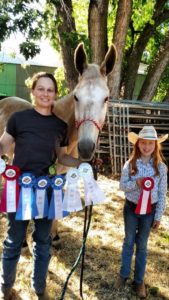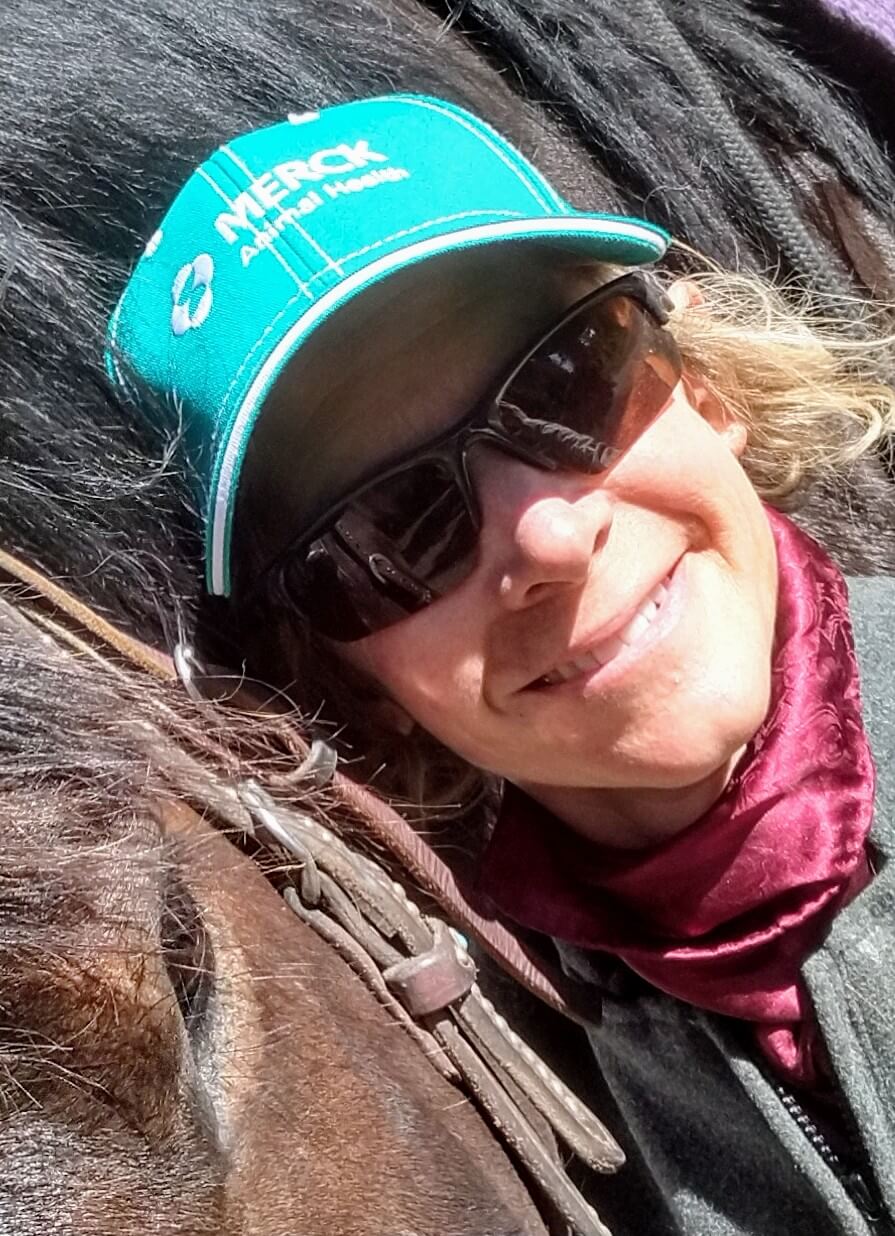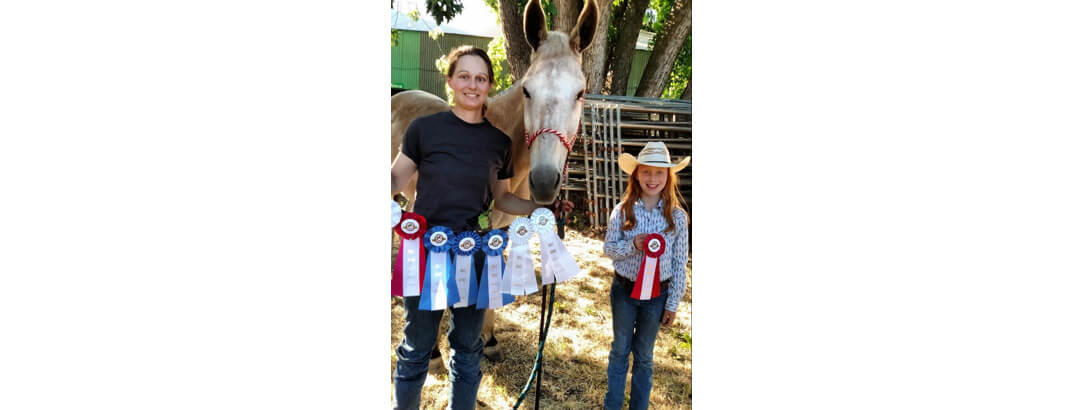Part 3: Effort Counts Twice
By Laura Schonberg
Last month, we discussed Dr. Angela Duckworth’s research on how easily talent distracts us; if something seems to come naturally to someone or their horse, we may believe they don’t have to work very hard to be successful or outstanding in their craft. It may look like their achievement, accomplishment, or prosperity is easy. As we strive to further ourselves in our horsemanship and as riders, we need to be careful to not pay too much attention to the talent of others.
If you’re connected to social media or read any horse publications, you are bombarded with stories about the talent of a rider, a horse, or a competitor. For that matter, any success story in any realm of our public world may result in our over-emphasizing talent. Deep down we think that if someone (or her horse) is talented, it lets us off the hook. If a rider or her mount is mythically talented, we can never be as good as she. So, we don’t even bother to try. Or we keep our personal bar very low.

I’ve shared that I don’t have fancy horses or regular access to an upscale facility. My horses aren’t papered, and they were all started in my own round pen. I’m just an everyday girl who’s passionate about horses. There’s no equine pedigree in any of our backgrounds. It would be very easy for me to blame my horses’ shortcomings on their uninspiring heritage or my lack of expertise. If I did that, it would also sell short every moment I have with them because I would lose sight of the fact that I can learn, grow, and expand my abilities as a rider… which is my responsibility with any horse that is ever in my barn, regardless of his talent.
Nietzsche wrote, “With everything perfect, we do not ask how it came to be.” People who are exceptionally good at what they do make it look easy. But when we try to be that good, it’s not easy. It’s really hard. So, we write it off as a lack of talent on our (or our horse’s) part. Yet in the gritty mindset, as much as inherent talent might count, effort counts twice.
Dr. Duckworth proposes the following equations:
Talent x Effort = Skill
Skill x Effort = Achievement
It’s easy to (mistakenly) equate talent with achievement: if someone is a top scorer or a million-dollar rider, or a horse had a movie made about them, it was destined to be because they were talented. Their success was bound to happen. It was easy. But this mentality removes effort from the equation. I could have the best-bred horse in the world pooping in my pen, but if I don’t do anything with her, if I don’t put in the hours and days and endure the sweat, tears, struggles and setbacks, she’s just a really expensive yard ornament.
Talent is how quickly I and my horse’s skill improve when I put in effort (time, energy, practice, trial, error). For me, this is everything from having an immediate forward go, to handling my rope. Our achievement is what happens when I take my acquired skills and use them. Can I catch and hold a calf in the branding pen? Is my horse straight when I move into a lope? Will she stand when I need to open a heavy gate?
My effort builds skill in my horsemanship and in my riding. Effort looks different to everyone. What is consistent is that it takes time and thought, deliberate planning, and a positive mindset of what we want to accomplish. All of this effort makes our skills productive.
Skill is not the same as achievement. Without effort, any rider’s or horse’s innate talent is nothing more than unmet potential. Without effort, skill is nothing more than what I could have done but didn’t. With effort, talent becomes skill. Eventually effort makes skill productive.
While I don’t typically think about my riding as being “productive”, I do know that I want and look for specific things to be produced: stopping, going, turning, balance, timing, a good score on a course, or contributing on the ranch. If I let a lack of talent get in the way of my ambition, there’s no reason for me to ever leave the barn. If I believe, in my gritty mindset, that my effort will count twice in creating the relationship and skills in my horses that I so deeply desire, we have a shot at becoming something truly exceptional.
Published July 2018 Issue

Thankful to call the Pacific Northwest home, Laura Schonberg is an educator in a local school district and is outside at her place when she isn’t inside at work. Summers are spent cow-girling at a friend’s ranch, with forrays into the Cascade Mountains as time and weather permit year-round. Winter finds her at a local barn doing dressage lessons to support her ranch riding, and re-starting horses through the county’s equine rescue program.






